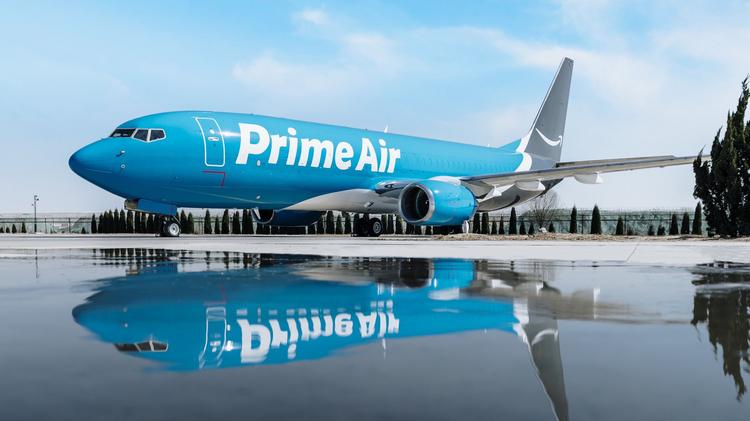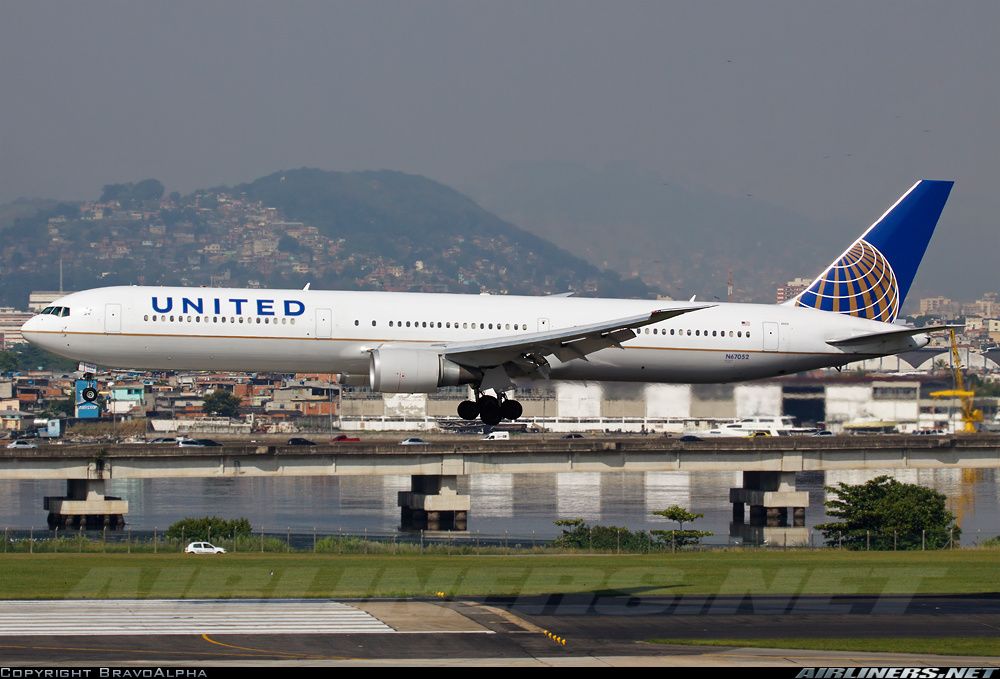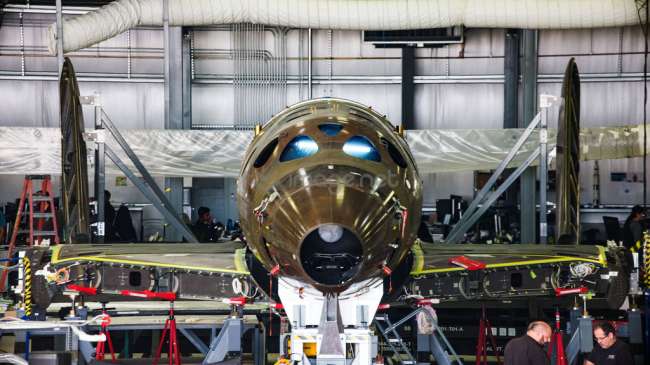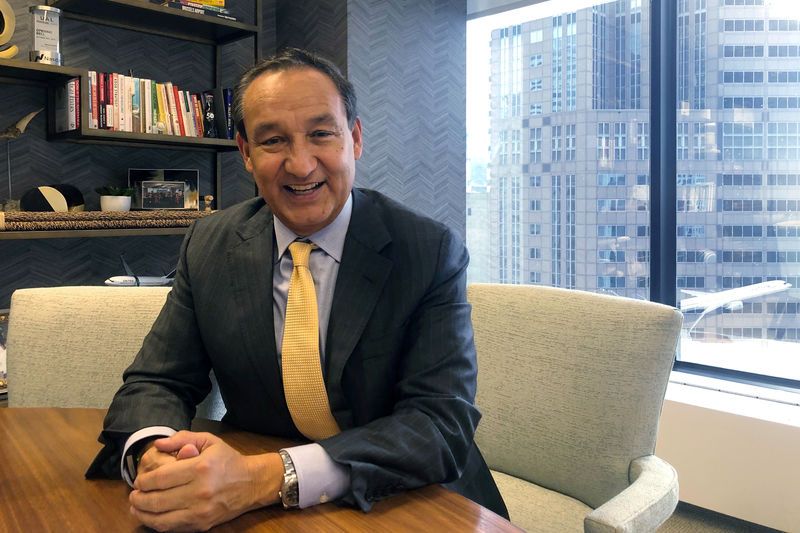- Egyptian flag carrier to lease two more 787-9 jets from leading lessor AerCap
- Airline joins other operators in growing their Dreamliner fleet after achieving eye-opening fuel efficiency improvement
EGYPTAIR is growing its Boeing 787 Dreamliner fleet with an agreement to lease two more airplanes from AerCap, the airline announced today at the Dubai Airshow. The Egyptian flag carrier unveiled it had selected the super-efficient airplane to modernize its fleet during the last Dubai Airshow in 2017.
The carrier began operating the 787-9 this year, deploying the Dreamliner on new direct flights from its hub in Cairo to Washington, D.C., and other cities. EGYPTAIR says the 787s have delivered on the Dreamliner’s promise of unmatched efficiency, providing a 23-percent reduction in fuel consumption compared to the airplanes they replaced.
“The Boeing 787 Dreamliner has outperformed our expectations, helping us significantly reduce our fuel use and emissions, while bringing comfort to our passengers,” said Ahmed Adel, chairman and CEO of EGYPTAIR Holding Company. “We look forward to growing our network with additional 787-9 airplanes and flying more passengers to their destinations at an affordable cost.”
To maintain its fleet of 787’s, the carrier also announced agreements with Boeing this week that would provide EGYPTAIR with global access to critical aircraft components, including a Landing Gear Exchange and Quick Engine Change kit solutions.
EGYPTAIR joins other 787 operators in expanding its commitment to the Dreamliner program after experiencing the airplane in revenue service. More than half of all 787 customers have placed repeat orders for the airplane, helping the Dreamliner become the fastest-selling widebody airplane in history. The biggest 787 customer is Dublin-based AerCap with 117 airplanes owned and on order. AerCap will lease a total of eight 787’s to EGYPTAIR.
Speaking at the Dubai Airshow, AerCap CEO Aengus Kelly said, “AerCap is very proud to continue to support EGYPTAIR’s widebody fleet renewal program and sustainable growth ambitions. We thank our friends and partners at EGYPTAIR for their continued confidence in AerCap and we look forward to working with the EGYPTAIR and Boeing teams as these aircraft deliver.”
“EGYPTAIR has shown a strong commitment to growing its business in a sustainable and profitable manner and we are thrilled that the 787 Dreamliner is helping the airline realize their vision. There is no better endorsement of the 787’s efficiency, range and passenger comfort than an operator returning for more aircraft,” said Ihssane Mounir, senior vice president of Commercial Sales & Marketing, The Boeing Company. “Of course, this would not be possible without AerCap and its market-leading portfolio that gives carriers great flexibility in operating an optimized fleet.”
At 63 meters (206 feet) long, the 787-9 can fly 296 passengers, in a typical two-class configuration, up to 7,530 nautical miles (13,950 kilometers). The airplane is 6 meters longer than the original Dreamliner and is capable of carrying 48 more passengers with increased range. The 787 Dreamliner family has won more than 1450 orders from over 80 customers on six continents.











